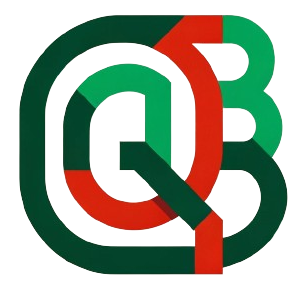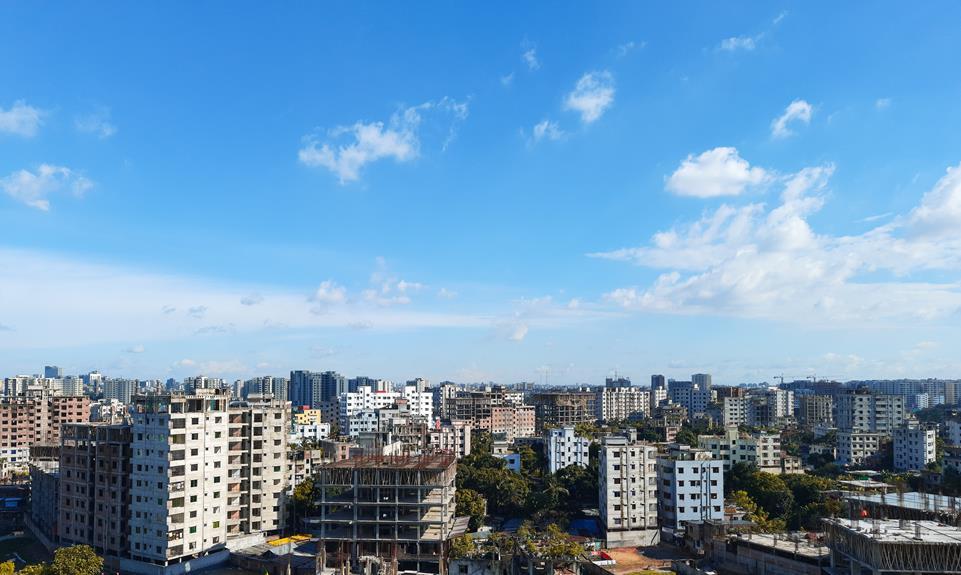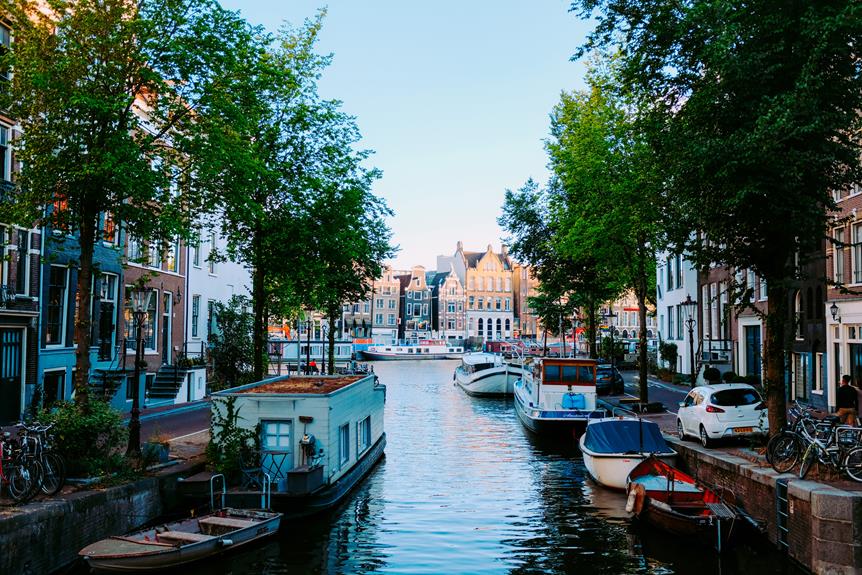Chittagong District, situated in Bangladesh, bears witness to a captivating and multifaceted history that has shaped its identity over the years. From its strategic natural harbor that lured Arab traders centuries ago to the rule of Arakan kings and the eventual conquest by the Mughal Army, Chittagong has experienced a myriad of influences and challenges. The district's rich heritage also includes encounters with Portuguese pirates in the 17th century. Today, Chittagong stands as the second largest district in Bangladesh, with a diverse population and renowned individuals who have emerged from its midst. In this discussion, we will explore the intriguing historical tapestry and cultural legacy that make Chittagong District a compelling subject of study and discovery.
Natural Harbor and Arab Traders
The natural harbor of Chittagong played a pivotal role in attracting Arab traders to the region during the 9th century CE. Situated along the Bay of Bengal, the harbor provided a strategic location for maritime trade, connecting the Arab world with the Indian subcontinent. Arab traders recognized the potential of Chittagong's natural harbor, which offered sheltered waters and easy access to the fertile lands of Bengal. This facilitated the exchange of goods such as spices, textiles, and precious metals, contributing to the growth of both Arab and local economies. The presence of Arab traders in Chittagong not only influenced the region's economy but also brought cultural and religious interactions, leaving a lasting impact on the local population. The natural harbor of Chittagong continues to serve as an important hub for international trade and commerce, maintaining its historical significance.
Rule of Arakan Kings
During the 16th and 17th centuries, Chittagong District was under the rule of the Arakan kings, a period marked by significant political and cultural developments. The Arakan kings' influence on the region was profound, shaping various aspects of Chittagong's history. Politically, the Arakan kings established their authority over the district, bringing it under their control and integrating it into their kingdom. This led to the establishment of a structured administrative system and the introduction of Arakanese customs and traditions. Culturally, the Arakan kings' rule had a lasting impact on Chittagong. They brought with them their own language, literature, art, and architecture, enriching the cultural fabric of the district. The Arakan kings' influence can still be seen today in the unique blend of Arakanese and local Bengali culture that defines Chittagong District.
Conquest by the Mughal Army
Building upon the political and cultural developments during the rule of the Arakan kings, the Mughal Army launched a conquest of Chittagong District in a bid to expand their empire. This event had a significant impact on the local culture and holds great historical significance. To better understand the consequences, let's examine the table below:
| Impact on Local Culture | Historical Significance |
|---|---|
| Mughal influence on language, architecture, and cuisine | Expansion of the Mughal Empire |
| Integration of local customs and traditions with Mughal practices | Establishment of Mughal rule in Chittagong |
| Introduction of Persian and Urdu as administrative languages | Integration of Chittagong into the Mughal administration |
The conquest by the Mughal Army brought about a fusion of cultures, enriching the local heritage while leaving an indelible mark on the historical landscape of Chittagong District.
Portuguese Pirates and Attacks
Portuguese pirates posed a significant threat to the security and prosperity of Chittagong District, leaving a lasting impact on its history. Their raids had a profound effect on the local trade and economy. Here are three key points to understand the impact of Portuguese pirate attacks:
- Disruption of Trade: The Portuguese pirates targeted merchant vessels and trade routes, creating a sense of insecurity among the traders. This led to a decline in maritime trade, affecting the economic activities of the region.
- Loss of Revenue: The raids resulted in the loss of valuable goods and resources, causing a significant blow to the revenue generation of Chittagong District. The local economy suffered as a result, hampering the overall development of the area.
- Shift in Power Dynamics: The continuous attacks by Portuguese pirates forced the local authorities and traders to adapt their strategies to counter the threat. This led to the emergence of new alliances and trading networks, altering the power dynamics in the region.
Formation and Size of the District
The impact of Portuguese pirate attacks on Chittagong District led to significant changes in its history, ultimately shaping the formation and size of the district. The attacks disrupted the region's stability and hindered its growth. However, despite these challenges, Chittagong District managed to overcome and thrive. Over the years, the district has experienced substantial population growth, contributing to its expansion and development. This growth has not only impacted the size of the district but also its cultural heritage. The diverse population has enriched the district's cultural fabric, resulting in a vibrant and dynamic community. Chittagong District's formation and size are a testament to its resilience and ability to adapt to changing circumstances, making it a remarkable region in Bangladesh.
Administration and Government Officials
Chittagong District's administration is led by the Administrator of Zila Porishod, M A Salam, and the Deputy Commissioner (DC), Mohammad Elius Hossain. These government officials play a crucial role in overseeing the functioning of the district and ensuring the smooth implementation of policies and programs. They are responsible for maintaining law and order, delivering public services, and promoting development in the region. As notable residents of Chittagong District, they bring their expertise and experience to the table, working towards the betterment of the district and its people. Their leadership and decision-making skills are essential in addressing the challenges and opportunities that arise in this diverse and vibrant district. With their dedication and commitment, they strive to make Chittagong District a prosperous and thriving place for its residents.
Subdivisions and Police Coverage
Continuing the discussion, the district of Chittagong is further divided into various subdivisions, each with its own unique characteristics and administrative responsibilities. Chittagong District has a total of 15 upazilas and 31 thanas. Among these, 16 thanas are covered by the Chattogram Metropolitan Police, including Karnaphuli Upazila. Mirsharai Upazila has 2 thanas, while the remaining 13 upazilas have 1 thana each.
To provide a clear overview of the subdivisions and police coverage in Chittagong District, the following table presents the distribution:
| Upazilas | Number of Thanas |
|---|---|
| Mirsharai | 2 |
| Other Upazilas | 1 each |
Notable residents of Chittagong District include renowned artist Nurul Abedin. It is important to note that the inclusion of other notable residents in this article must be supported by independent reliable sources. The subdivisions and police coverage in Chittagong District play a crucial role in maintaining law and order and ensuring effective governance in the region.
Religious Composition of the District
With a diverse population, Chittagong District showcases a varied religious composition that contributes to the cultural fabric of the region. Here are three key points about the religious composition of the district:
- Muslims majority: Muslims make up the majority of the population in Chittagong District, accounting for 86.90% of the total population. Islam plays a significant role in shaping the social, cultural, and religious practices of the district.
- Hindu minority: Hindus form a minority religious group in Chittagong District, representing 11.31% of the population. Hinduism has its own distinct traditions and festivals that contribute to the religious diversity and heritage of the district.
- Religious diversity: Apart from Muslims and Hindus, there are also small communities of Buddhists, who make up 1.59% of the population, and individuals with other or unstated religious affiliations, comprising 0.20% of the population. This diversity of religions adds richness and depth to the cultural landscape of Chittagong District.
Frequently Asked Questions
What Is the Economic Significance of Chittagong's Natural Harbor and How Has It Shaped the District's History?
The natural harbor in Chittagong has had a significant economic impact and has shaped the district's history. The harbor's strategic location has made it a crucial hub for trade and commerce, attracting Arab traders as early as the 9th century CE. Over the centuries, it has facilitated the movement of goods and people, leading to economic growth and cultural exchange. The harbor's historical significance lies in its role as a gateway for foreign influences and a catalyst for Chittagong's development as a major commercial center.
How Did the Rule of the Arakan Kings Impact the Cultural and Political Landscape of Chittagong?
The rule of the Arakan kings had a significant impact on the cultural and political landscape of Chittagong. Their reign brought about the integration of Arakanese culture and traditions into the region, influencing the local customs and practices. Additionally, their control over Chittagong's natural harbor allowed them to establish a thriving maritime trade network, which further shaped the district's history. This combination of cultural assimilation and economic growth under the Arakan kings played a crucial role in shaping Chittagong's identity and development.
What Were the Major Consequences of the Mughal Army's Conquest of Chittagong and How Did It Shape the District's Future?
The major consequences of the Mughal army's conquest of Chittagong were significant in shaping the district's future. The conquest brought the region under Mughal rule and established their authority in the area. This led to the introduction of Mughal administration and governance, which had a lasting impact on the cultural, political, and economic landscape of Chittagong. The Mughal influence contributed to the development of trade and commerce, infrastructure, and the integration of Chittagong into the larger Mughal Empire, thus shaping the district's future trajectory.
How Did the Portuguese Pirates Contribute to the Instability and Challenges Faced by Chittagong During the 17th Century?
Portuguese piracy during the 17th century greatly contributed to the instability and challenges faced by Chittagong. The Portuguese pirates frequently attacked the region, causing economic disruption and insecurity among the local population. Their raids on trade routes and coastal areas hindered the growth and development of Chittagong as a trading center, leading to a decline in commerce and prosperity. Additionally, the constant threat of piracy created a sense of insecurity and uncertainty, further impeding the district's progress during this time.
Can You Provide More Information About the Notable Residents of Chittagong District and Their Contributions to the Region's History and Development?
Notable residents of Chittagong District have made significant contributions to the region's history and development. Their achievements and roles in various fields have shaped the district's cultural, artistic, and economic landscape. However, it is important to note that any inclusion of these individuals in this article should be supported by independent reliable sources. Some notable residents include renowned artist Nurul Abedin, whose work has gained international recognition. Further information on other notable residents and their contributions can be found through credible sources.





